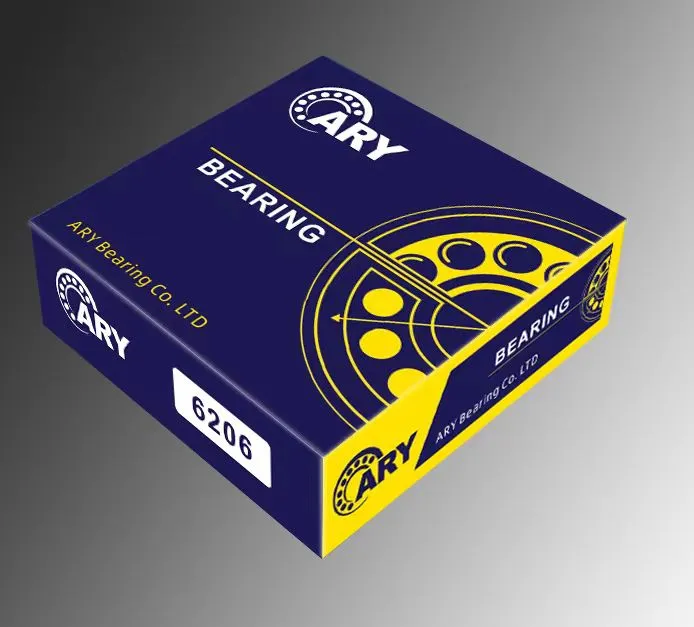
Dec . 16, 2024 02:24 Back to list
Bearing Performance Evaluation and Testing Equipment for Enhanced Quality Assurance
The Importance of Bearing Testing Machines in Ensuring Quality and Performance
In the world of engineering and manufacturing, the reliability and efficiency of machinery are critical for the success of various applications. Among the many components that contribute to the performance of machinery, bearings play an undeniably vital role. They enable smooth rotation and movement, reducing friction and wear in mechanical systems. As such, the testing of bearings is not just a routine process—it is essential for ensuring the safety and durability of machinery. This is where bearing testing machines come into play.
Bearing testing machines are specialized equipment designed to evaluate the performance and durability of bearings under various operational conditions. These machines simulate real-world operating environments by applying loads, speeds, and temperatures similar to those that bearings would encounter in actual use. The primary goal of these tests is to determine how bearings will perform over time, providing crucial data that can inform design improvements and material selections.
One of the key advantages of using a bearing testing machine is the ability to conduct accelerated life tests. These tests are designed to shorten the lifespan of components while magnifying their failure modes, allowing engineers to identify potential issues early in the design process. By understanding how different bearings respond under stress, manufacturers can make informed adjustments, leading to enhanced products that offer improved performance and extended service life.
There are several parameters that a bearing testing machine can evaluate. Load capacity testing is one of the most critical facets, as it determines how much weight a bearing can support before failing. Besides load, factors like rotational speed, temperature, and lubrication conditions are also taken into account during testing. Each of these variables can significantly influence the behavior of bearings, and therefore, it is essential to assess them comprehensively.
bearing testing machine

Moreover, bearing testing machines utilize advanced technology to provide highly accurate measurements. Many of these machines incorporate sophisticated sensors and data acquisition systems that can track minute changes in performance over time. This level of precision enables engineers to detect early warning signs of wear and tear, such as increased friction or heat generation. Such data-driven insights are invaluable for proactive maintenance strategies and can help prevent catastrophic failures in critical machinery.
The importance of bearing testing machines extends beyond merely evaluating performance; they also play a role in compliance with industry standards. In many sectors, including automotive, aerospace, and heavy machinery, there are stringent regulations regarding the quality and reliability of components. By utilizing bearing testing machines, manufacturers can ensure that their products meet or exceed these standards, thereby safeguarding their reputation and ensuring compliance with regulatory bodies.
Additionally, investments in bearing testing technologies contribute to the innovation of new bearing designs. As industries evolve and machinery demands change, there is a continuous need for improved bearing solutions. Research and development initiatives leverage testing machines to explore novel materials and configurations, ultimately driving technological advancements in bearing designs.
In conclusion, bearing testing machines are indispensable tools in the manufacturing and engineering landscape. They not only provide essential performance data but also contribute to the overall safety and efficiency of machinery across various sectors. By investing in advanced bearing testing technologies, manufacturers can ensure the production of high-quality bearings, solidifying their place in an increasingly competitive market. As industries continue to grow and evolve, the role of bearing testing machines will undoubtedly become even more significant in maintaining performance standards and driving innovation.
Latest news
-
Grooved Ball Bearing Design and Functionality
NewsJun.04,2025
-
Concrete Mixer Bearing Load Capacity Testing
NewsJun.04,2025
-
6004 Bearing Dimensions in Robotic Joint Designs
NewsJun.04,2025
-
Advantages of Single-Row Deep Groove Ball Bearings
NewsJun.04,2025
-
Applications of Deep Groove Ball Bearings in Automotive Systems
NewsJun.04,2025
-
Innovations in Bearing Pressing Machine Design
NewsJun.04,2025
